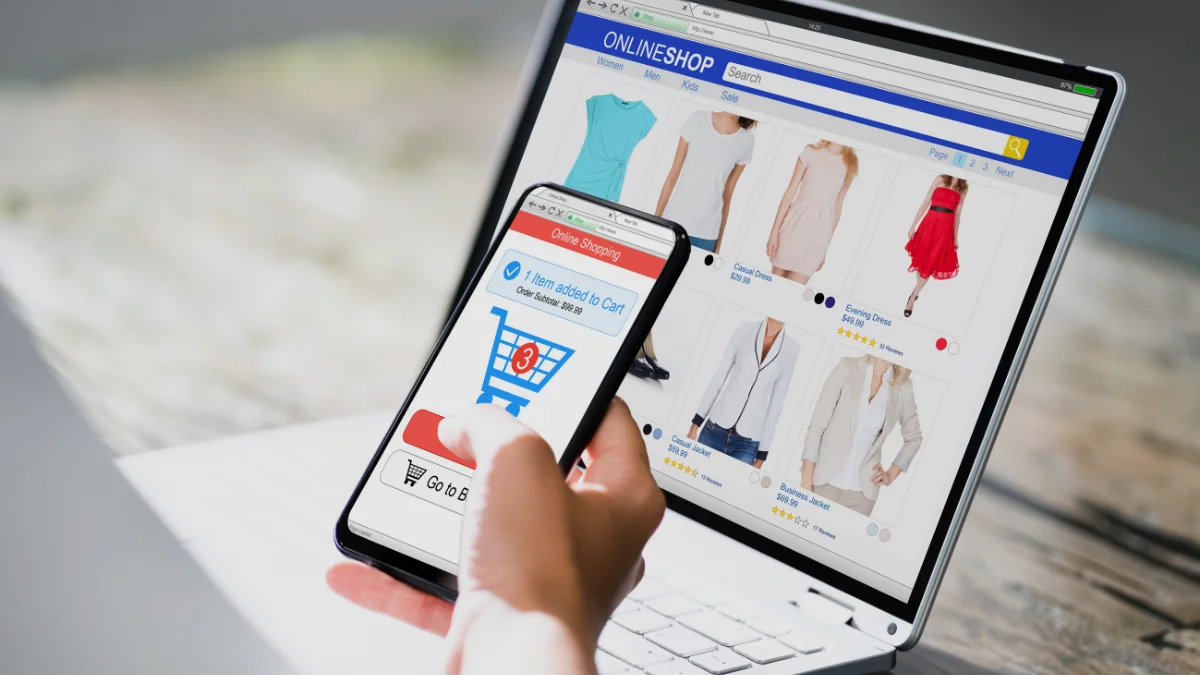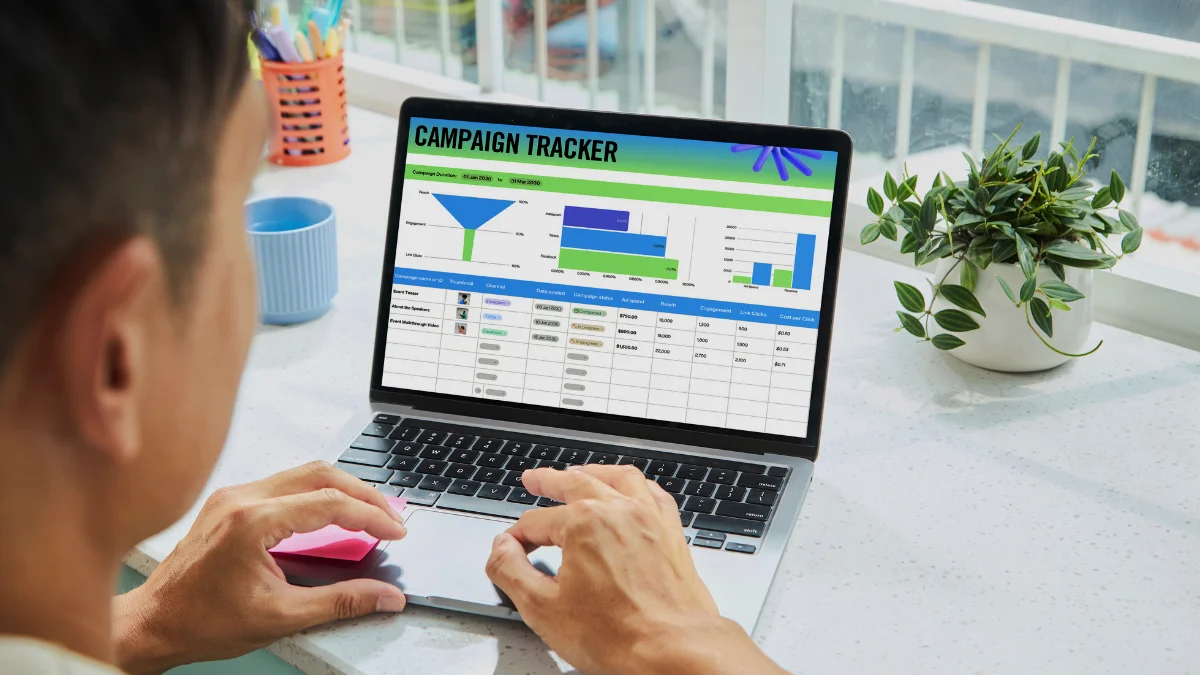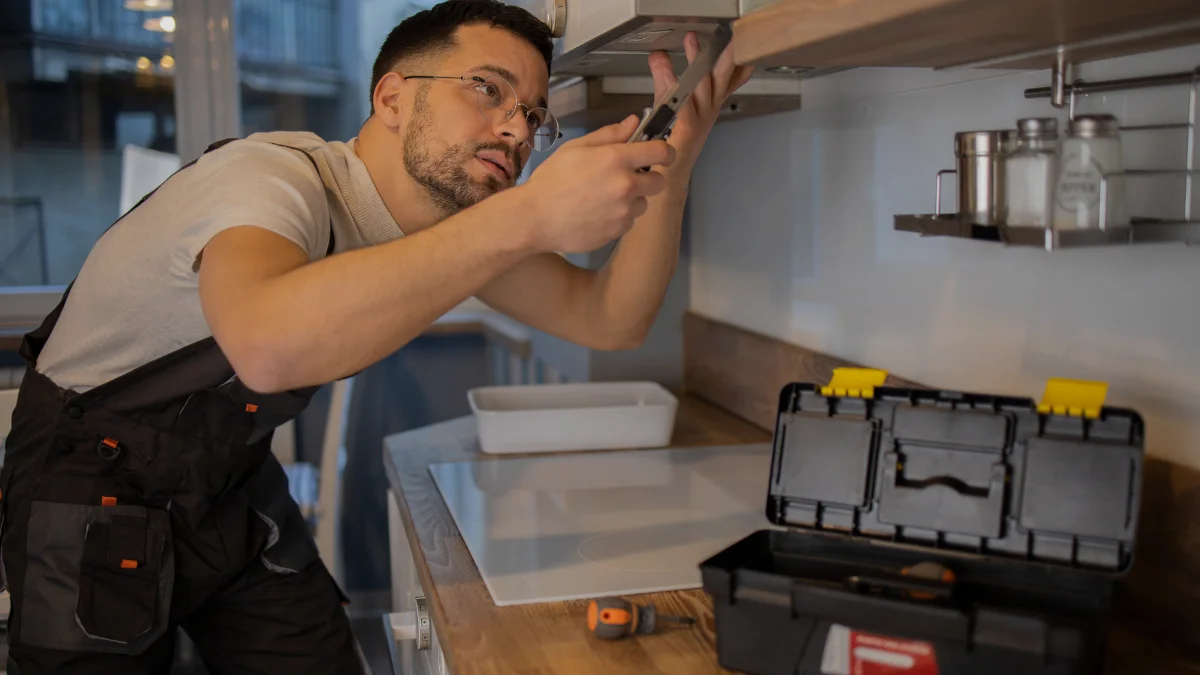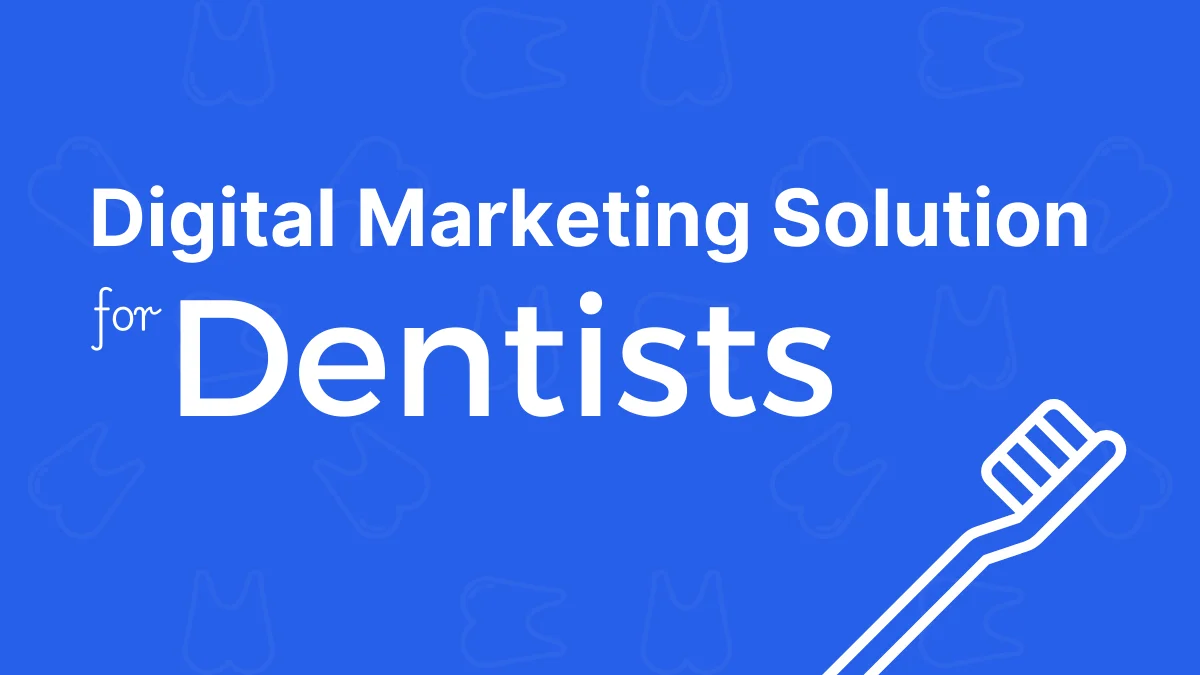
8 Businesses to Start with 5k in 2025
Starting your own venture doesn't require a six-figure loan. In fact, some of the most successful companies began with a simple idea and a shoestring budget. If you're searching for viable businesses to start with 5k, you’re in the right place.
That amount is a powerful launchpad for numerous exciting opportunities, from service-based gigs to niche e-commerce stores.
This guide is designed to walk you through practical and profitable ideas that fit within your budget, proving that your entrepreneurial dreams are well within reach.
Let's explore how you can turn that $5,000 into a thriving enterprise.
Business Ideas You Can Start for Under $5,000
A modest budget forces you to be creative and efficient, often leading to stronger, leaner business models. The key is to focus on ventures with low overhead and a clear path to profitability. Here are several ideas you can launch with $5,000 or less.
1. Freelance Services (Writing, Design, or Development)

If you have a marketable skill, freelancing is one of the fastest and most affordable entry points into business ownership. You are selling your expertise, not a physical product, which dramatically lowers startup costs.
-
Getting Started: Identify your niche. Are you a graphic designer who excels at creating logos for local restaurants? A writer who can craft compelling email newsletters? Create a portfolio showcasing your best work. Use platforms like Upwork or Fiverr to find initial clients, but also build your own brand to attract direct business.
-
Estimated Costs ($500 - $2,000):
-
Computer: Use your current one if possible.
-
Professional Software: Adobe Creative Cloud ($600/year), Canva Pro ($120/year). Free tools like GIMP, Figma, or Google Docs are great starting points.
-
Website/Portfolio: A domain and hosting from providers like Bluehost or SiteGround will cost about $150-$300 for the first year.
-
Business Tools: A project management tool like Trello (free plan) and an accounting software like Wave (free).
-
Marketing: $100-$500 for business cards and targeted social media ads.
2. E-commerce Dropshipping Store

Dropshipping allows you to run an online store without managing any inventory. When a customer places an order, you forward it to a third-party supplier who ships the product directly to the customer. Your profit is the difference between your retail price and the supplier's wholesale price.
-
Getting Started: Choose a niche you're passionate about, like eco-friendly home goods or pet accessories. Use a platform like Shopify to build your store. Research reliable suppliers on platforms like AliExpress or SaleHoo.
-
Estimated Costs ($1,500 - $4,000):
-
E-commerce Platform: A basic Shopify plan is around $39/month.
-
Website Theme: A quality theme can cost between $100-$250.
-
Marketing & Ads: This is your biggest expense. Budget $1,000-$3,000 for Facebook or Google ads to drive traffic and generate your first sales.
-
Business Registration: $100-$400, depending on your location.
3. Pet Sitting and Dog Walking

The pet care industry continues to grow as people increasingly treat their pets like family. This service-based business has high demand and very low startup costs.
-
Getting Started: Start by offering your services to friends, family, and neighbors to build experience and gather testimonials. Create flyers and post them at local veterinarian offices, pet stores, and community centers.
-
Estimated Costs ($500 - $1,500):
-
Insurance and Bonding: This is crucial for liability. Expect to pay $300-$600 per year.
-
Marketing Materials: $100-$200 for professional business cards, flyers, and door hangers.
-
Basic Supplies: High-quality leashes, waste bags, and treats.
-
Booking Software (Optional): As you grow, tools like Time To Pet ($45/month) can help manage scheduling and billing.
4. Tutoring or Online Course Creation

Your knowledge is a valuable asset. If you are an expert in a specific subject—from algebra to guitar playing—you can build a business around teaching others.
-
Getting Started: You can start with one-on-one tutoring, either locally or online via video calls. To scale, you can package your expertise into a digital course using platforms like Teachable or Podia and sell it to a wider audience.
-
Estimated Costs ($700 - $3,000):
-
Website & Marketing: $200-$500 to set up a site promoting your services.
-
Equipment: A good webcam and microphone ($150-$400) are essential for quality online sessions.
-
Course Platform: Monthly plans typically range from $39 to $100.
-
Advertising: $300-$2,000 to promote your course through social media ads or search engine marketing.
5. Residential or Commercial Cleaning Services

Cleaning is a necessary service for both homeowners and businesses, making it a recession-resistant industry. You can start solo and build a team as your client list expands.
-
Getting Started: Decide if you want to focus on residential homes, small offices, or a niche like eco-friendly cleaning. Invest in quality supplies and create a professional price sheet for different services.
-
Estimated Costs ($1,500 - $3,500):
-
Supplies & Equipment: $700-$1,800 for a commercial-grade vacuum, mops, microfiber cloths, and cleaning solutions.
-
Business Insurance: $400-$700 per year for liability coverage.
-
Marketing: $200-$600 for local flyers, online directory listings, and a simple website.
-
Transportation: Assumes you will use your own vehicle.
Related Post: Business Plan for a Cleaning Service Company
6. Social Media Management

Small businesses understand the need for social media but often lack the time or expertise to manage it effectively. You can offer packages that include content creation, scheduling, and community engagement.
-
Getting Started: Choose a niche industry to specialize in, like real estate or restaurants. Create a portfolio by offering to manage the social media for a local nonprofit or a friend's business for free or at a reduced rate.
-
Estimated Costs ($600 - $1,800):
-
Scheduling Tools: Plans for Buffer or Hootsuite start around $6-$100/month.
-
Design Software: Canva Pro is invaluable for creating professional graphics.
-
Website/Portfolio: $200-$400 to build a site showcasing your results and client testimonials.
-
Education: $100-$500 for online courses to stay updated on the latest social media trends.
7. Handyman Services

If you are skilled at home repairs, painting, or furniture assembly, a handyman business can be very profitable. Your main expenses are tools, insurance, and local marketing.
-
Getting Started: Make a list of all the services you can confidently offer. Register on platforms like Thumbtack or Angi to find your first jobs. Building a reputation for reliability and quality work is key to getting referrals.
-
Estimated Costs ($2,500 - $5,000):
-
Tools & Equipment: $2,000-$4,000 for a comprehensive set of professional tools.
-
Liability Insurance: $500-$900 per year is a must-have.
-
Marketing: $200-$500 for vehicle magnets, business cards, and local advertising.
8. Personal Chef or Meal Prep Service

For those who love to cook, a meal prep or personal chef business can be a great fit. You can cater to busy professionals, families, or individuals with specific dietary needs (e.g., gluten-free, vegan).
-
Getting Started: Check local regulations regarding home-based food businesses. Develop a few sample menus and price them out. Offer a trial service to friends to refine your process.
-
Estimated Costs ($1,000 - $3,000):
-
Licensing & Permits: $100-$500.
-
Quality Cookware & Containers: $400-$1,000.
-
Website & Marketing: $300-$800 for a site with menus and an ordering system.
-
Initial Groceries: $200-$700.
Launching Your Website Affordably
In today's market, a website is not optional—it's your 24/7 salesperson and the foundation of your brand's credibility. The good news is that building a professional website has never been easier or more affordable, even for complete beginners.
Why a Website is Essential
-
Builds Trust: A well-designed website makes your business appear professional and legitimate.
-
Generates Leads: It’s a tool for capturing contact information from potential customers.
-
Own Your Platform: Unlike social media, you have complete control over the content and user experience on your website.
Step-by-Step Guide to Building Your Site
-
Choose a Domain Name: This is your web address (e.g., www.yourbusiness.com). Pick something short, memorable, and related to your business name. Expect to pay about $15 per year.
-
Select a Platform:
-
For Beginners (All-in-One): Platforms like Wix and Squarespace are perfect for non-techies. They use a drag-and-drop editor and include hosting, templates, and support in one monthly fee (around $16-$30). You can have a beautiful site live in a single afternoon.
-
For E-commerce: If you're selling products, Shopify is the industry standard. It handles everything from product pages to payment processing.
-
For Flexibility: WordPress.org is a powerful and highly customizable option. It requires you to purchase separate web hosting (from a company like Bluehost), but it offers unparalleled long-term flexibility.
-
Pick a Template and Customize: All these platforms offer professional templates. Choose one that fits your brand's style, then customize it with your own logo, colors, images, and text.
-
Create Essential Pages: At a minimum, your site should include a Homepage, an About page, a Services/Products page, and a Contact page.
Marketing on a Budget
With a limited budget, every marketing dollar has to count. Focus on strategies that provide a high return on investment and build a direct connection with your target audience.
Social Media Marketing
Don't try to be on every platform. Identify where your ideal customers hang out. A cleaning service might find clients on a local Facebook group, while a graphic designer would be better served on Instagram or LinkedIn. Focus on providing value—share helpful tips, behind-the-scenes content, and client testimonials.
Email Marketing
Email marketing is one of the most powerful tools for a small business. Start collecting email addresses from day one. You can add a simple signup form to your website. Use a service like Mailchimp or ConvertKit (which have free starting plans) to send newsletters, special offers, and helpful content directly to people who want to hear from you.
Local SEO and Networking
If your business serves a local area, focus on local search engine optimization (SEO).
-
Google Business Profile: This is a free and powerful tool. Set up your profile with your business hours, services, and photos. Encourage happy customers to leave reviews, as this significantly boosts your local ranking.
-
Networking: Attend local business meetups or community events. Personal connections are invaluable and often lead to your first clients through referrals.
Tips for Business Growth

Launching is the first step. The next is to build a sustainable and growing business.
Reinvest Your Profits
In the early stages, it's tempting to pay yourself with every dollar of profit. Instead, dedicate a significant portion back into the business. This "reinvestment" is the fuel for growth. It could mean upgrading your equipment, launching a larger marketing campaign, or taking a course to learn a new skill.
Deliver Outstanding Customer Service
Happy customers are your most effective marketing team. They become repeat clients and refer others to you. Go above and beyond to provide an excellent experience. Respond to inquiries promptly, be transparent about your process, and listen carefully to feedback.
Stay Adaptable
The market is always changing, and your business should be able to change with it. Pay attention to customer feedback and industry trends. If you run a meal prep service and clients start asking for keto options, consider adding a keto menu. A willingness to adapt will help you stay relevant and uncover new revenue streams.
Common Challenges and How to Overcome Them
Every new business faces hurdles. Being prepared for them can make all the difference.
Challenge 1: Time Management. When you're the only employee, you're also the marketer, accountant, and customer service rep.
Solution: Use time-blocking. Dedicate specific chunks of your day to different tasks. Use free tools like Trello or Asana to keep your projects organized. Don't be afraid to automate tasks like social media posting or email responses.
Challenge 2: Intense Competition. It might feel like there are hundreds of others doing what you do.
Solution: Differentiate yourself. Don't try to be the cheapest; aim to be the best for a specific type of customer. Niche down. Instead of being a "graphic designer," be a "graphic designer for wellness brands." This makes you the go-to expert for that audience.
Challenge 3: Financial Uncertainty. Cash flow can be unpredictable at the start.
Solution: Keep your business and personal finances separate from day one. Set aside money for taxes with every payment you receive. Maintain a lean budget and avoid unnecessary expenses until you have a steady stream of income.
It's Your Time to Begin
Starting a business with $5,000 isn't a shortcut to overnight success, but it is a realistic and powerful way to build something of your own without taking on massive debt or risk. The journey begins with a single, manageable step.
Choose an idea that aligns with your skills and passions, create a simple plan, and take action. By starting small, focusing on providing excellent value, and learning as you go, you can build a profitable and fulfilling business. Your entrepreneurial journey is waiting.
30 minutes
Expert Consultation
Terms & Agreements
By booking a free 30-minute consultation, you agree to our terms, including scheduling, cancellation policies, and confidentiality. The session provides expert advice without guarantees of specific outcomes or results.





Leave a Reply
Your email address will not be published. Required fields are marked *